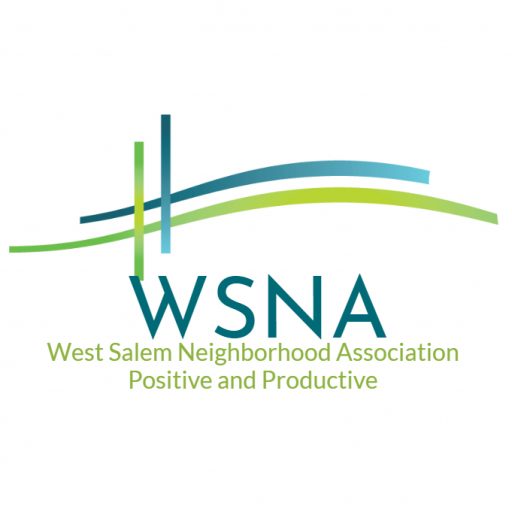Nestled in the heart of Oregon’s Polk County, West Salem is a community rich in history and tradition. This vibrant area, with its picturesque landscapes and close-knit community, boasts a cultural heritage that reflects the diverse backgrounds of its residents. The traditions and celebrations in West Salem are not just events on a calendar; they are a testament to the community’s enduring spirit and shared history. From the early influences of native peoples and settlers to the modern-day festivities that bring everyone together, West Salem’s cultural heritage is a living, breathing part of everyday life. In this article, we delve into the timeless traditions of West Salem, exploring how the past and present intertwine to create a unique and celebrated cultural tapestry.
Historical Traditions and Their Origins
West Salem’s cultural heritage is deeply rooted in its history, reflecting the influences of its early settlers and native populations. The area that is now West Salem was originally inhabited by the Kalapuya tribe, who lived harmoniously with the land, practicing sustainable agriculture and fishing along the Willamette River. Their rich traditions, such as the seasonal gatherings and ceremonial dances, laid the foundation for the community’s cultural practices.
The arrival of European settlers in the mid-19th century brought significant changes. These settlers, primarily of German and Scandinavian descent, introduced new customs and traditions, blending them with those of the native inhabitants. One of the earliest and most enduring traditions established during this period is the annual harvest festival. Celebrating the bounty of the land, this festival includes traditional music, dance, and a communal feast, symbolizing the community’s gratitude for the year’s harvest.
Another significant tradition that traces its origins to the early settlers is the winter solstice celebration. This event, marked by festive lights and family gatherings, reflects the customs brought over by Scandinavian settlers. The solstice celebration has evolved over the years, incorporating various cultural elements and becoming a major community event that signifies unity and hope during the darkest days of winter.
The historical traditions of West Salem also include the practice of barn raisings, a vital communal activity where neighbors would come together to build barns and other structures. This tradition not only highlights the importance of cooperation and mutual support but also serves as a reminder of the pioneer spirit that helped shape the community.
These early traditions have endured and evolved, becoming integral parts of West Salem’s cultural heritage. They provide a glimpse into the past, offering valuable insights into the lives and values of those who came before. Today, these traditions continue to be celebrated, preserving the community’s history and fostering a sense of belonging and continuity among residents.
Annual Celebrations and Festivals
West Salem’s calendar is dotted with a variety of annual celebrations and festivals that highlight the community’s rich cultural tapestry. These events are not only occasions for joy and festivity but also serve as a means to strengthen communal bonds and preserve cultural traditions.
One of the most anticipated events in West Salem is the Polk County Fair. This annual fair, held every summer, showcases the agricultural heritage of the region. With livestock exhibitions, agricultural displays, and local crafts, the fair is a celebration of the community’s farming roots. Families gather to enjoy carnival rides, live music, and a variety of food vendors offering local delicacies. The fair also includes a talent show and a parade, making it a fun-filled event for all ages.
